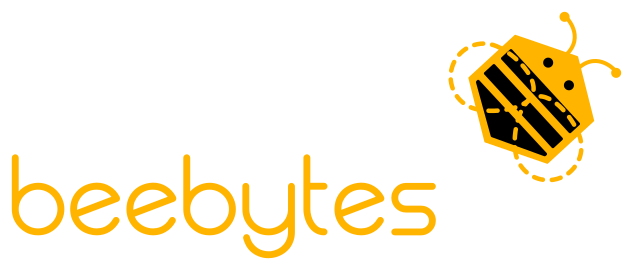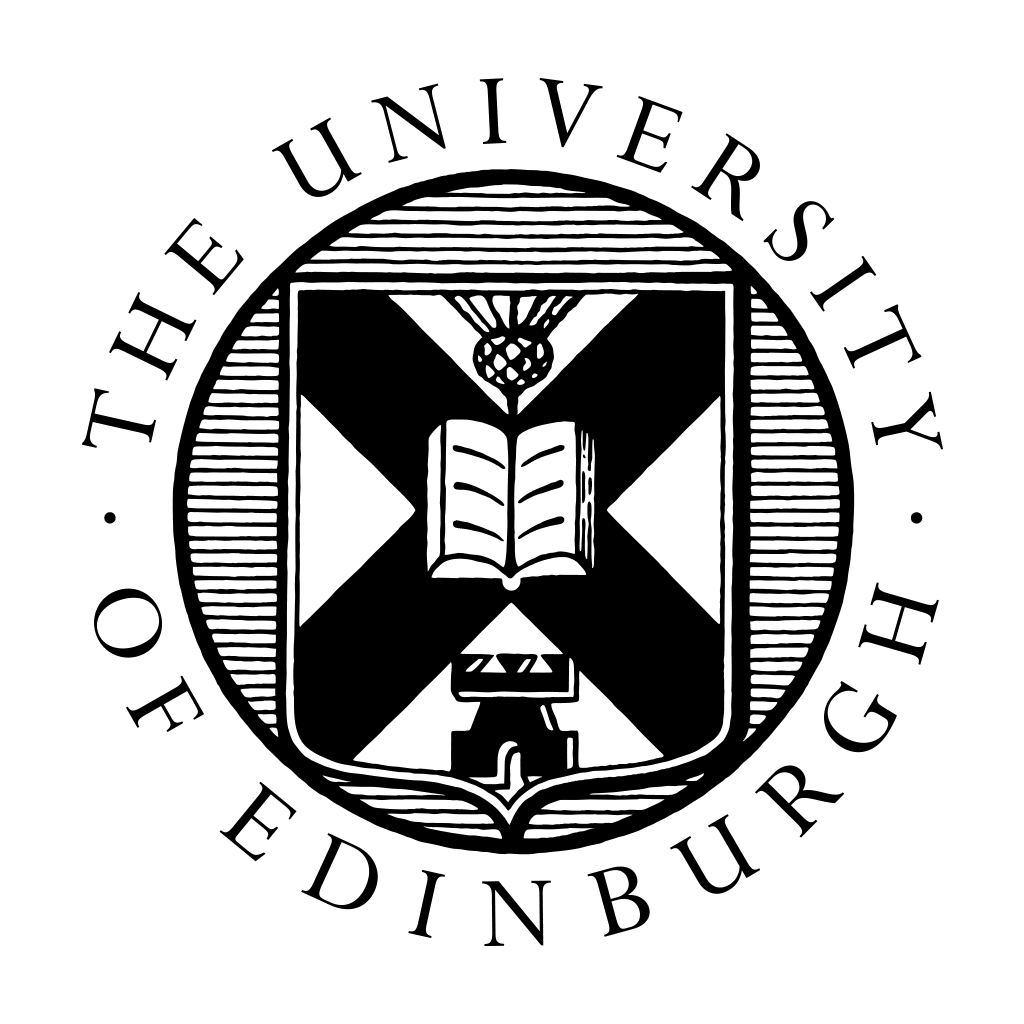BEEBYTES
A social enterprise specialising in honey bee genetics and DNA analysis to characterise genetic admixture and identify the sources of forage visited by honey bees, bumblebees and solitary bees.
Founded by Expert Beekeeper and Honey Bee Research Scientist, Dr Mark Barnett (Roslin Institute), Population Geneticist and Bioinformatician Dr David Wragg (Roslin Institute) and Expert Beekeeper and Information Scientist Matthew Richardson (University of Edinburgh), its mission is to help beekeepers and bee farmers select and breed their preferred type of honey bee in the UK.
Concerned about the global decline of pollinators, the severe problems facing managed honey bees and the fact that the understanding of honey bee genetics lags far behind other livestock species, Beebytes was established to try to answer some of the questions facing those working with pollinators, and offer testing and consultancy services to increase the available knowledge on honeybee genetics. Working with beekeepers, bee breeders, entomologists, environmental groups and special interest groups, we aim to provide a wide range of services to cover all needs.
Our aim is to give beekeepers more control over the types of honey bees kept in their apiaries and enable them to select preferred stock themselves without the need for importation of queen bees which carries a risk of introducing new pests and diseases.
There is a growing interest in the ‘dark bee’ or ‘black bee’ – Apis mellifera mellifera – which is native to the UK and Northern Europe. Populations have been threatened by hybridisation with other subspecies, and there is an increasing need to accurately measure this through genetic analysis. Additionally, much work remains to be done on honey bee health, looking at honey bee genetics, the gut microbiome, and honey bee pests and diseases like the Varroa destructor mite.
Honey bee queens mate with many drones from different colonies and it is therefore more challenging to selectively breed honey bees than other managed animals, due to this ‘open mating’. Analysing lineages through genetic testing is a valuable tool here, helping trace ancestry and avoid inbreeding and loss of genetic diversity.
We are also interested in other pollinators, such as bumble bees and solitary bees. We hope to be at the forefront of providing testing services for these other insects, looking at issues such as genetic diversity, health, forage and habitat, through the use of genetic analysis of flora and fauna.
supporters
We are grateful to a number of different organisations which have provided advice, support, funding and equipment, both to enable us to set up Beebytes, and also continue our work as a not-for-profit social enterprise.



